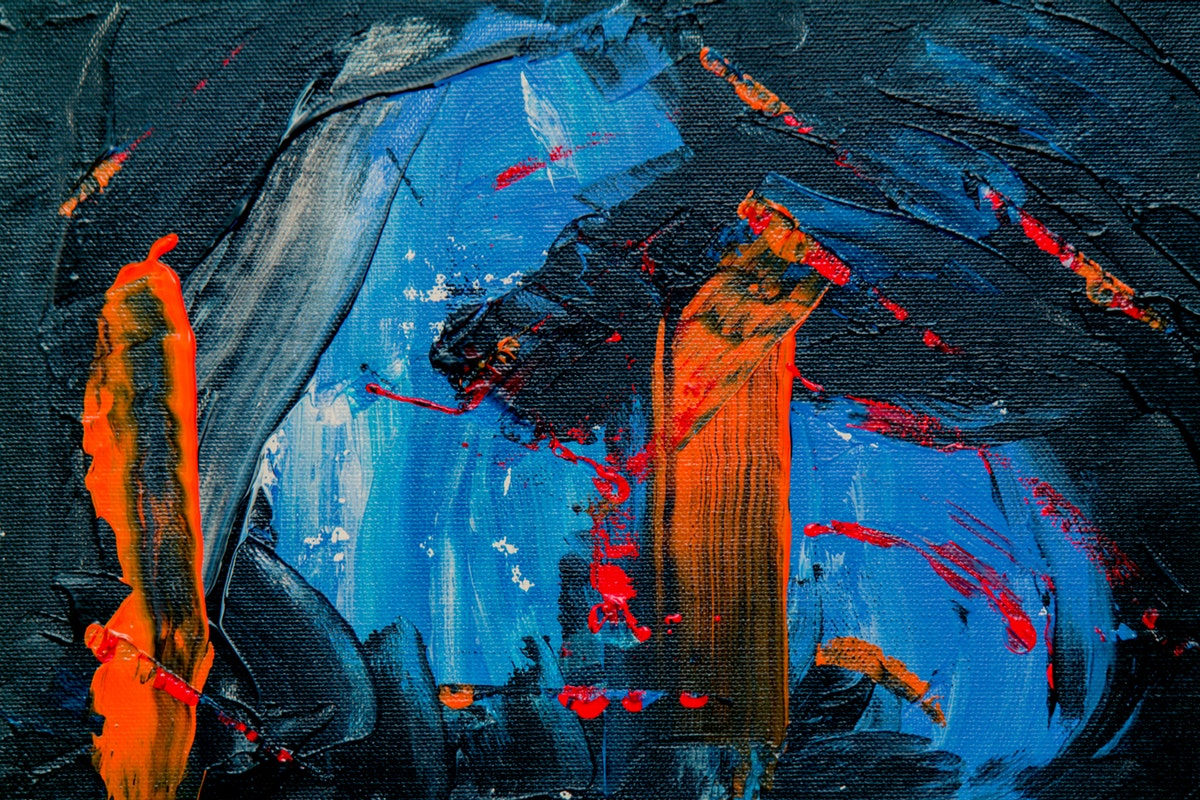“Fuuuuuuck!” I scream – three – possibly four times – as I hurtle through air, as my innocent 14-year-old campers giggle until they can’t stand, as the honest wind tells my body a story of speed and force and falling.
Tag: adventure
Adventure Counselor
The Lies And Illusions Of Lucy Sparrow
by Sharry Wright
Young Adult Winner, Katherine Paterson Prize for Young Adult and Children’s Literature
Today is the day my new life begins. One hundred and twenty-three days since we sailed from New York harbor bound for San Francisco. Seventy-one days since I buried Mother at sea.

